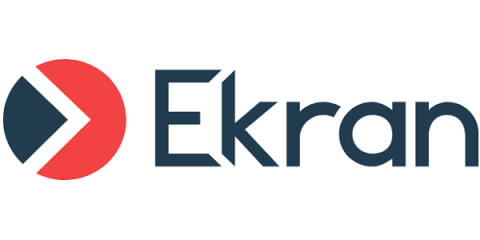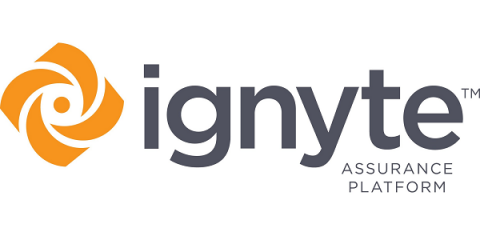The Importance of Third-Party Vendor Risk Management for the Banking Industry
Today’s banks and financial institutions closely cooperate with various third-party vendors. While such cooperation brings a lot of benefits, it also raises some significant concerns regarding the security of the data and resources these vendors have access to. In fact, according to Verizon’s 2019 Data Breach Investigations Report, the financial sector is among the most targeted, accounting for about 10% of all data breaches across all industries in 2018.






